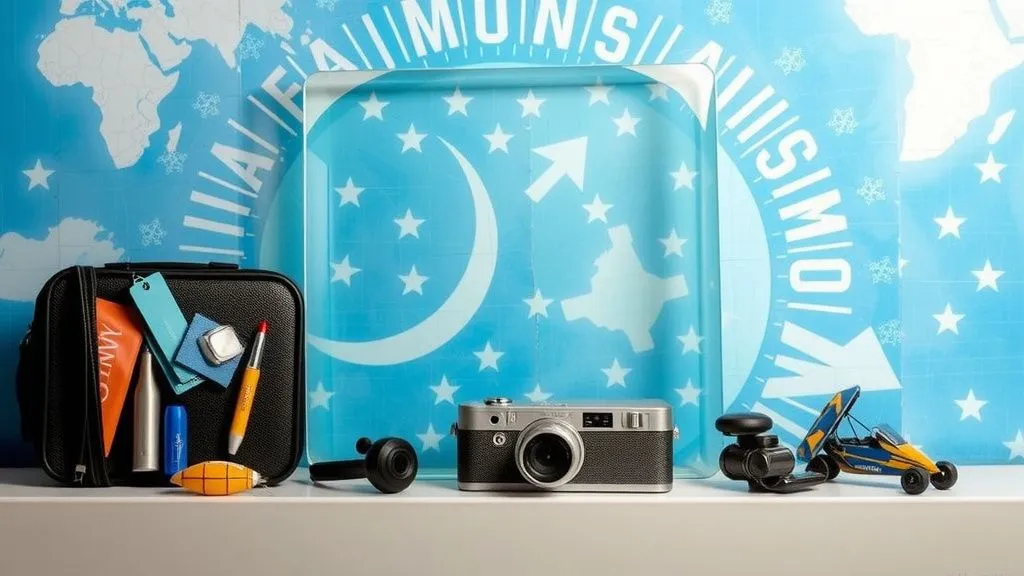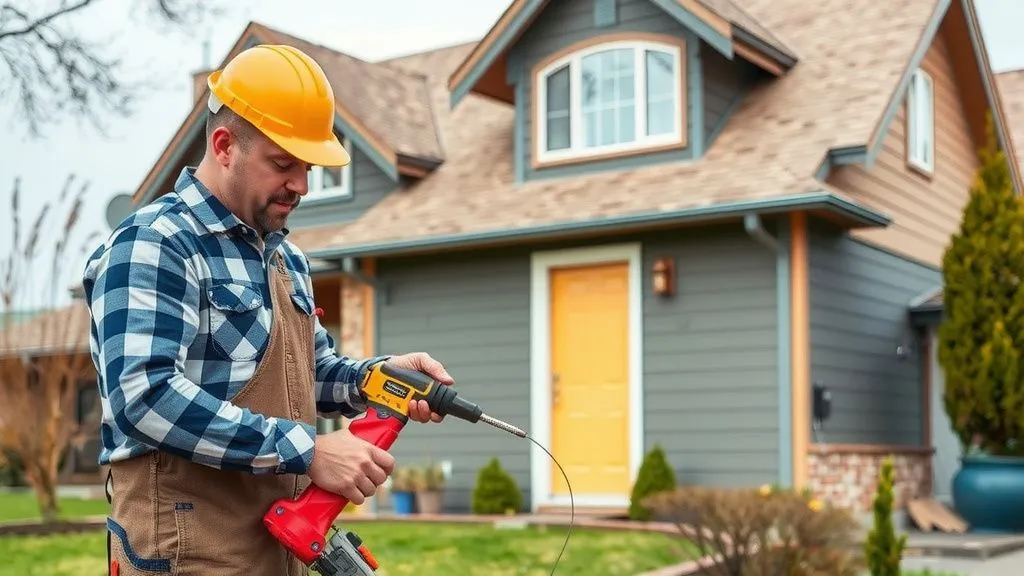Eco-Friendly Ways to Save Money
Living an eco-friendly lifestyle not only benefits the environment but can also save you money in the long run. By making simple changes to your daily habits and adopting sustainable practices, you can reduce your carbon footprint while keeping more money in your pocket. In this article, we will explore various eco-friendly ways to save money and make a positive impact on our planet.
Energy Efficiency
One of the most effective ways to save money and reduce your environmental impact is by improving energy efficiency in your home. Start by replacing traditional incandescent light bulbs with energy-efficient LED bulbs, which use up to 80% less energy and last significantly longer. Additionally, consider installing a programmable thermostat to regulate heating and cooling when you're away from home.
Another cost-effective way to save energy is by properly insulating your home. Seal any air leaks around windows, doors, and electrical outlets to prevent heat loss during winter months or cool air escape during summer months. This will not only reduce your energy consumption but also lower your utility bills.
Sustainable Transportation
Transportation is a major contributor to greenhouse gas emissions. By opting for greener modes of transportation, you can both save money on fuel costs and help combat climate change. Consider walking or cycling for short trips instead of using a car. Not only will this save you money on fuel, but it will also improve your health and fitness.
If walking or cycling is not feasible for longer distances, consider using public transportation or carpooling with others heading in the same direction. This reduces the number of vehicles on the road, saving both fuel expenses and reducing traffic congestion.
Switching to Electric Vehicles
If you're in the market for a new car, consider investing in an electric vehicle (EV). While the upfront cost may be higher than traditional vehicles, you'll save money in the long run on fuel and maintenance costs. Additionally, many governments offer incentives and tax credits for purchasing EVs, making them even more affordable.
Reduce, Reuse, Recycle
The mantra of "reduce, reuse, recycle" is not only good for the environment but can also help you save money. Start by reducing your consumption of single-use items such as plastic water bottles or disposable coffee cups. Invest in reusable alternatives like stainless steel water bottles and travel mugs to save money on buying these items repeatedly.
When shopping for groceries or other household items, opt for products with minimal packaging or choose bulk options. This not only reduces waste but can also save you money as buying in bulk is often cheaper per unit.
Recycling is another crucial aspect of sustainable living. By recycling materials such as paper, glass, plastic, and aluminum cans instead of throwing them away, you reduce the need for raw materials and energy-intensive production processes. Many local municipalities offer recycling programs that make it easy to dispose of recyclable materials properly.
Water Conservation
Conserving water not only helps protect our precious resource but can also lead to significant savings on your water bill. Start by fixing any leaky faucets or toilets promptly. A dripping faucet can waste gallons of water over time.
Consider installing low-flow showerheads and faucets to reduce water usage without compromising performance. Collect rainwater in barrels or buckets to use for watering plants or cleaning purposes instead of relying solely on tap water.
Xeriscaping
If you have a garden or lawn, consider xeriscaping – a landscaping method that reduces or eliminates the need for supplemental water. Choose native plants that are adapted to your region's climate and require less watering. Additionally, mulch around plants to retain moisture and reduce evaporation.
DIY and Upcycling
Instead of buying new items, consider embracing the DIY (Do-It-Yourself) culture and upcycle old or discarded items. Get creative and repurpose old furniture, clothing, or household items instead of throwing them away. Not only will this save you money on buying new items, but it also reduces waste going into landfills.
Energy-Efficient Appliances
When replacing appliances such as refrigerators, washing machines, or dishwashers, choose energy-efficient models with high Energy Star ratings. These appliances use significantly less energy than standard models, resulting in long-term cost savings on your utility bills.
Conclusion
Adopting eco-friendly practices doesn't have to be expensive; in fact, it can help you save money while protecting our planet. By improving energy efficiency in your home, opting for sustainable transportation methods, reducing waste through recycling and upcycling, conserving water, and choosing energy-efficient appliances, you can make a positive impact on the environment while keeping more money in your pocket.
Start small by implementing one or two changes at a time and gradually incorporate more eco-friendly habits into your lifestyle. Together, we can create a sustainable future for generations to come.


